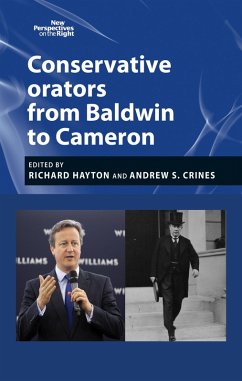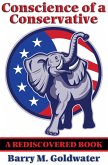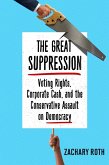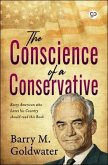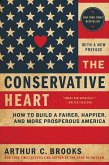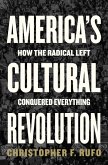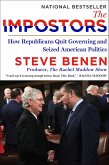How do leading Conservative politicians strive to communicate with and influence the electorate? Why have some been more effective than others in advancing their personal positions and ideological agendas? How do they seek to connect with their audience in different settings, such as the party conference, House of Commons, and through the media? This book draws analytical inspiration from the Aristotelian modes of persuasion to shine new and insightful light upon the articulation of British conservatism, examining the oratory and rhetoric of twelve key figures from Conservative Party politics. Each chapter is written by an expert in the field and explores how its subject attempted to use oratory to advance their agenda within the party and beyond. This is the first book to analyse Conservative Party politics in this way, and marks an important new departure in the analysis of British politics.
Dieser Download kann aus rechtlichen Gründen nur mit Rechnungsadresse in A, D ausgeliefert werden.

